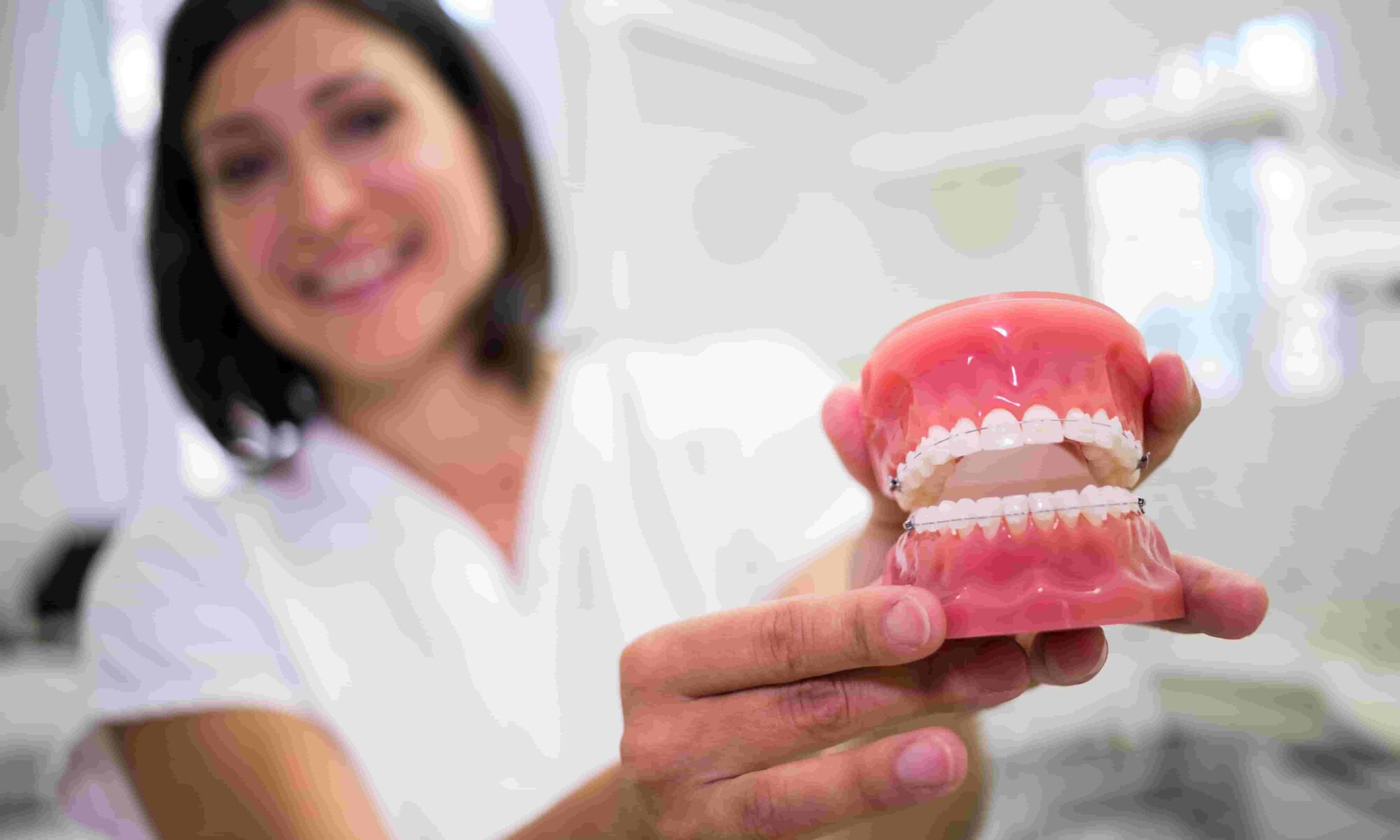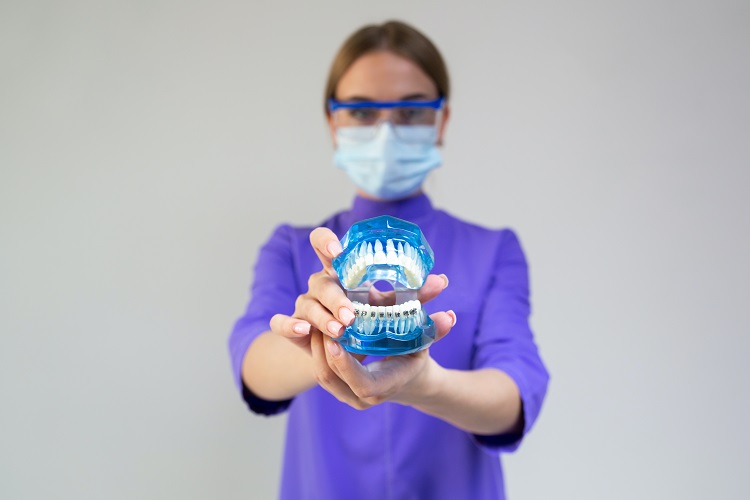Embarking on the journey of wearing dentures can be transformative, restoring confidence and functionality to one’s smile. However, to make the most out of this experience, proper care and maintenance are key. In this comprehensive guide, we will walk you through the essential steps on how to clean dentures effectively and keep them comfortable. Let’s dive in!
1. Understanding the Basics of Denture Care
Overview:
Dentures, whether full or partial, require regular cleaning to prevent plaque buildup, staining, and bad breath. Proper denture care ensures their longevity and your oral hygiene.
Practical Tips and Recommendations:
- Brush your dentures daily: Use a soft-bristled brush and mild denture cleaner or mild soap to clean all surfaces thoroughly. Avoid using regular toothpaste as it can be abrasive.
- Handle with care: Always hold your dentures over a soft surface or a folded towel to prevent damage if dropped accidentally.
- Soak dentures overnight: Place your dentures in a denture-cleaning solution or plain water overnight to keep them moist and maintain their shape.
2. Cleaning Your Mouth and Gums
Overview:
Maintaining good oral hygiene for your remaining natural teeth, gums, and tongue is crucial, even if you have full dentures.
Practical Tips and Recommendations:
- Clean your mouth: Use a soft-bristled toothbrush or gauze to clean your tongue, gums, and the roof of your mouth every morning before inserting your dentures.
- Rinse after meals: After eating, remove and rinse your dentures to remove food particles. Clean your dentures before putting them back in your mouth.
3. Regular Dental Check-ups
Overview:
Regular dental check-ups are essential, even if you wear dentures, to ensure your oral health and the proper fit of your dentures.
Practical Tips and Recommendations:
- Schedule regular appointments: Visit your dentist at least once a year for a dental check-up. They can assess the condition of your dentures and make necessary adjustments.
- Discuss concerns: If you experience discomfort, sore spots, or changes in your bite, consult your dentist promptly. Ill-fitting dentures can cause oral health issues if not addressed.
4. Handling Denture Problems
Overview:
Knowing how to handle common denture problems can prevent unnecessary stress and potential damage.
Practical Tips and Recommendations:
- Avoid DIY repairs: Do not attempt to repair your dentures at home. DIY fixes can lead to further damage. Instead, consult your dentist for professional repairs.
- Address discomfort: If your dentures cause discomfort or sore spots, do not ignore the issue. Promptly consult your dentist to adjust the fit for better comfort.
5. Embracing Proper Storage Habits
Overview:
Proper denture storage ensures they remain in good condition when not in use.
Practical Tips and Recommendations:
- Store dentures properly: When not wearing your dentures, keep them in a denture-cleaning solution or plain water to prevent them from drying out and losing their shape.
- Handle with care: Always handle your dentures gently to avoid bending or damaging the clasps.
Conclusion
Taking care of your dentures is not just about maintaining their appearance but also ensuring your overall oral health and comfort. By following these steps on how to clean dentures and embracing good denture care habits, you can enjoy a confident smile and a comfortable fit.
Ready to give your dentures the care they deserve? Contact Bespoke Dental for more expert denture care guidance and services. Let us help you achieve a confident smile and comfortable fit. Reach out today!





